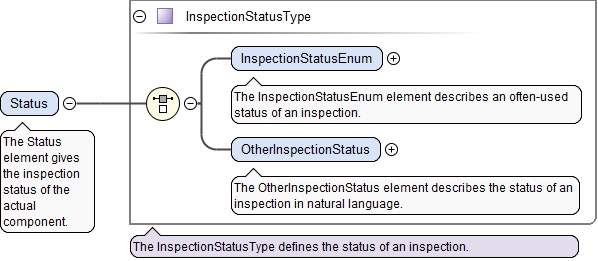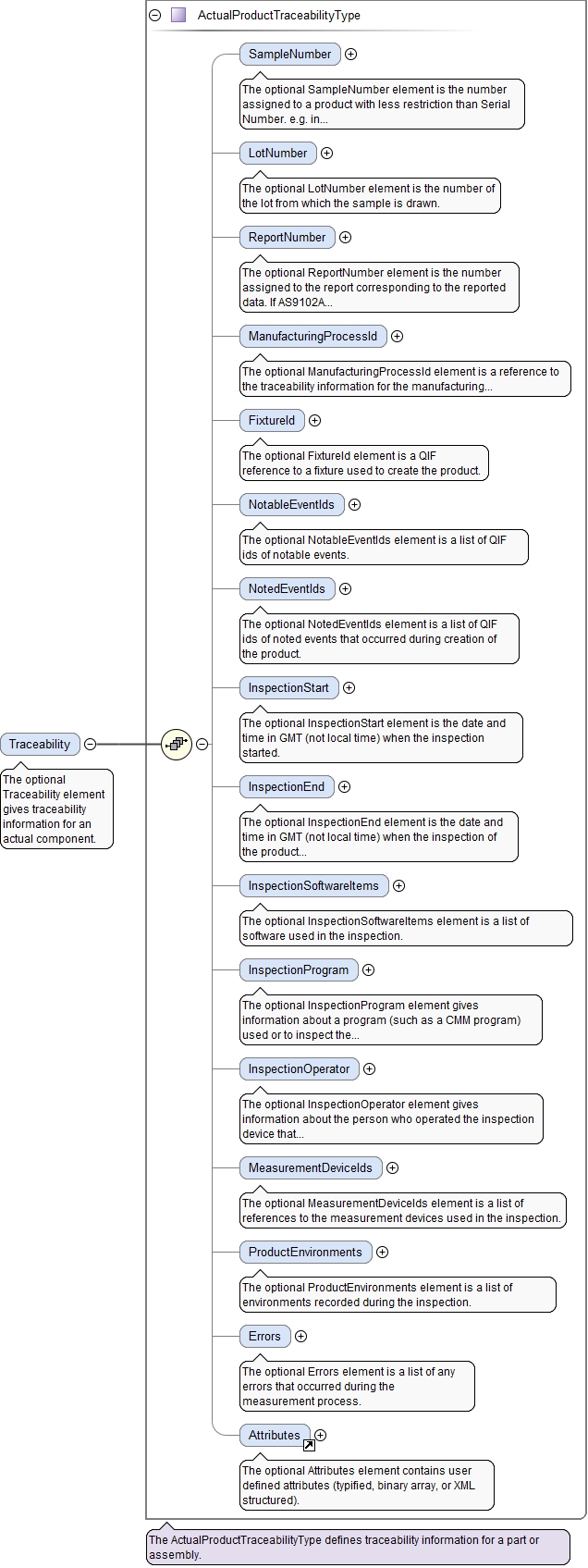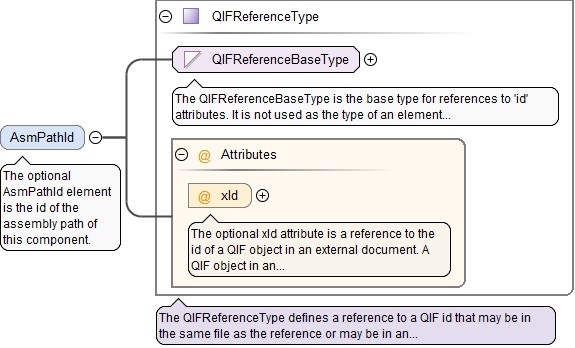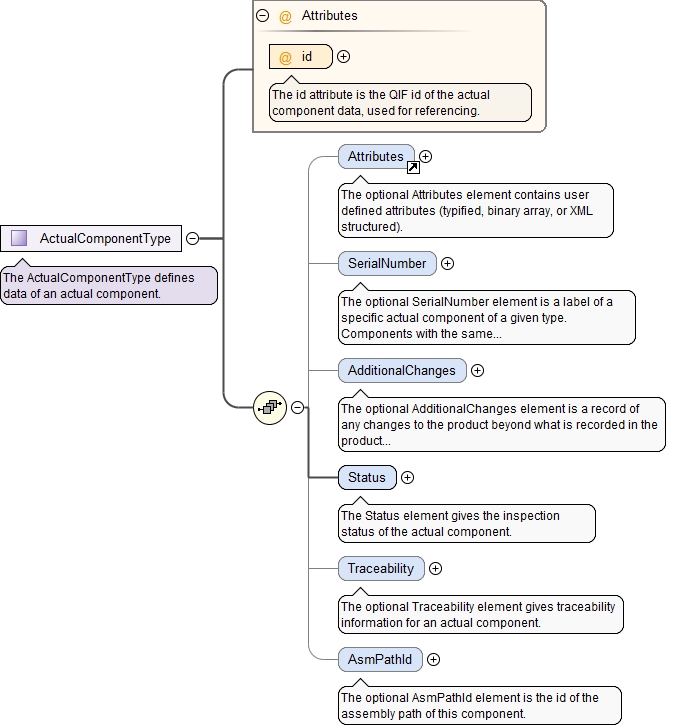|
Annotations
|
|
||||
|
Diagram
|
 |
||||
| Type | xs:string | ||||
|
Properties
|
|
||||
|
Source
|
|
||||
| Schema location | file:////Q:/kramer/qif3.0/model/QIFforHTMLxsd/QIFApplications/QIFResults.xsd |




